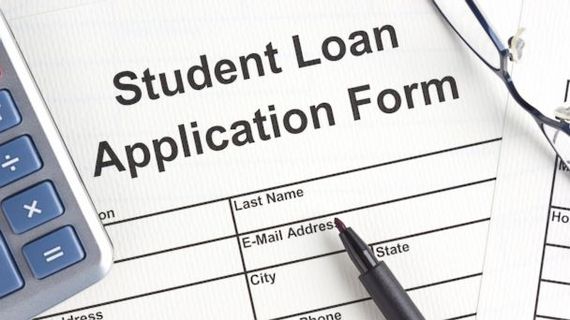We all like to imagine that we'll be able to pay for college or send our kids to college without taking out any loans or going into debt. Unfortunately, though, for the average American, that's just not possible, especially not with the ever-rising costs of college tuition. If you are a parent about to send a kid to school or a student heading back to school yourself, there's a fairly good chance you're going to have to take out a loan or two, and, as such, it's important that you understand the different types of loans available. Understanding what your options are, makes it easier to choose the right loan to meet your particular needs.
Private Student Loans
The distinction between private student loans and federal student loans is pretty clear. When asking what is a private student loan, the answer basically revolves around where the loan comes from. If it is a non-federal, i.e. non-governmental loan, then it is a private loan. These typically come from a bank, a school, a state agency, or a credit union but have no federal or government ties whatsoever.
Federal Student Loans
When asking what are federal student loans, the answer is even clearer. These are student loans that come from the government. Thus, if you want to know what is the difference between private and federal student loans, the answer boils down to whether or not the government has anything to do with the loan.
In the case of federal loans, which come from the government, there are harsher penalties for not paying or defaulting on the loan, including, in most states, potential garnishment of any wages earned. Typically, these loans also can not be discharged in a bankruptcy filing. While not paying back any loan can be serious and harmful to one's credit score, not paying back federal loans is particularly damaging.
Paying Back Your Loans
Many other differences exist between federal and private student loans. One of the big ones is when, exactly, you are required to start paying back your loans. With most private loans, for example, you will be required to regularly make payments on the loan while you or your student is still in school. However, the payments are typically quite low and manageable and allow the student to graduate without facing a mountain of debt afterwards.
On the flip side, federal loans do not have to be paid back until you graduate. That means that you can get your education worry-free and just pay back the loans after you have received your degree. However, if you leave school or become less than a half-time student, as defined by your college or university, you will have to start paying back the loans you have received. Plus, upon graduation, you will typically have a large amount of debt to pay back.
Interest Rates
Another important distinction between federal student loans and private student loans is the interest rates involved. Typically, with federal student loans, you will enjoy a fixed interest rate, one that is, more often than not, somewhat lower than the interest rates on a private loan.
With that said, private loans do vary greatly in the amount of interest involved, and the interest may change if you fail to make payments as agreed upon. However, if you take care to find a reputable lender and make your payments as agreed upon, a private loan can be an excellent choice.
Of course, both options are viable and have their pros and cons, and many people require a combination of both in order to attend college or for their child to attend college. The point is simply to find the best option that works for you and your situation. As long as the end result is an education, it will be well worth it!
This post was previously published on Loan Cheetah

